Menu
Hot-Topics
February 5, 2026 | SCOTUS Decision in Bowe v. United States Is First of the 2026 Term
Category: US Constitution
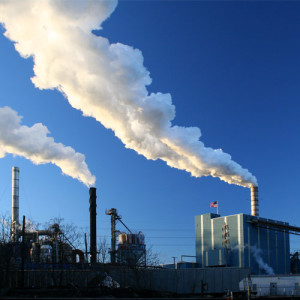
Michigan v. Environmental Protection Agency: Court Strikes Down EPA Emissions Rule
In Michigan v. Environmental Protection Agency, 576 U.S. (2015), the U.S. Supreme Court struck down an EPA rule regulating the emissions of mercury and other chemicals from electric power plants. By a vote of 5-4, the majority held that the EPA int...
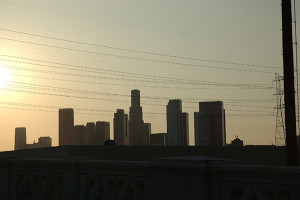
City of Los Angeles v. Patel: Court Mandates Pre-Clearance Review
On June 22, 2015, the U.S. Supreme Court struck down a City of Los Angeles ordinance that required hotel operators to allow law enforcement to inspect guest registries without obtaining a warrant. The 5-4 majority in City of Los Angeles v. Patel, 57...
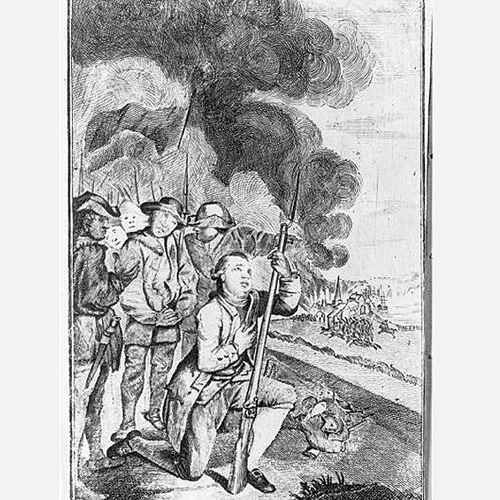
Chisholm v. Georgia: State Sovereign Immunity Prior to the 11th Amendment
Chisholm v. Georgia, 2 U.S. 419 (1793) is one of the first important decisions issued by the U.S. Supreme Court. The case, however, is not widely known or studied in constitutional law classes because its main holding, which abrogated state sover...
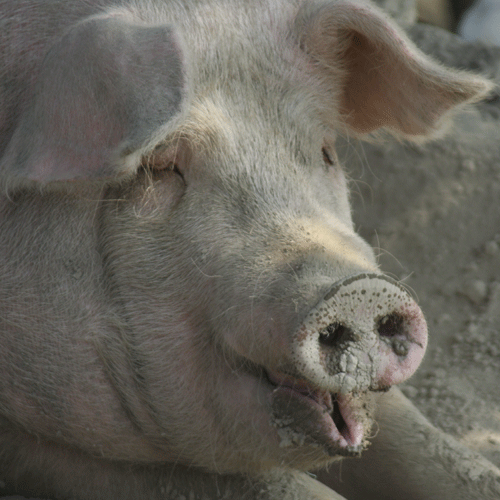
The Fourteenth Amendment and the Slaughterhouse Cases
The U.S. Supreme Court first reviewed the Fourteenth Amendment to the U.S. Constitution in the Slaughter-House Cases, 83 U.S. 36 (1873). In a 5-4 decision, the majority adopted a narrow construction of the Amendment’s Privileges and Immuniti...
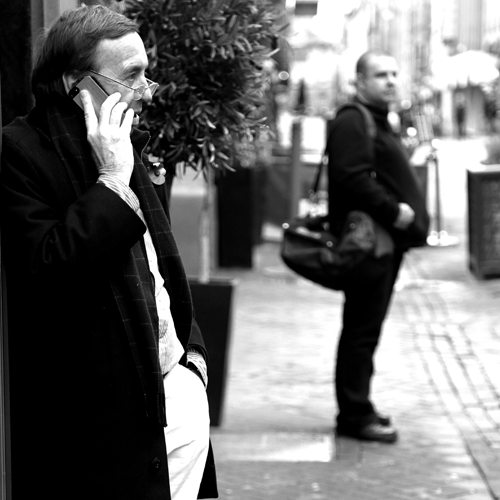
Olmstead v. United States and the NSA Privacy Debate
In the NSA privacy debate leading up to the expiration of several key provisions of the Patriot Act, an overturned U.S. Supreme Court case popped up more than once. The decision in Olmstead v. United States, 277 U.S. 438 (1928) highlights that while...
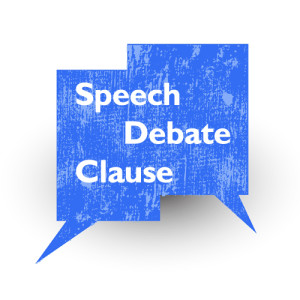
United States v. Johnson: The Constitutions Speech or Debate Clause
The “Speech or Debate Clause” provides powerful protection to members of Congress and prohibits the Executive Branch from prosecuting those with whom it does not agree. One of the first cases to interpret the Speech or Debate Clause is United St...

Legalized Marijuana in Colorado May Go Up in Smoke
Nebraska and Oklahoma are asking the Supreme Court to declare that Colorado violated the U.S. Constitution when it legalized marijuana. The suit, which evokes the Court’s original jurisdiction over disputes between states, specifically alleges t...

Youngstown Sheet and Tube Co. v. Sawyer: The President’s Executive Power
Presidents from George Washington to Barack Obama have issued executive orders to help facilitate the management of the country. Because such actions are often not expressly authorized by statute, but rather derived from the President’s executive p...
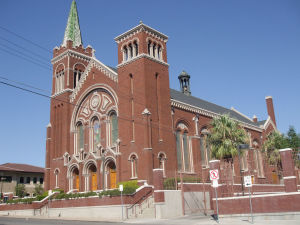
What’s On Tap: Arizona Church Claims Sign Ordinance Violates First Amendment
Religion is set to reclaim center stage when the U.S. Supreme Court’s new term begins this fall. One of the cases to watch is Reed v. Town of Gilbert. The case involves whether an Arizona town’s sign ordinance violates the First Amendment by rest...

What’s On Tap? The Supreme Court to Address Fourth Amendment Implications of Police Officer Mistake
The U.S. Supreme Court has agreed to consider an important Fourth Amendment case involving a police officer’s mistake of law. Given that law enforcement is not infallible, the decision in Heien v. North Carolina could have significant consequences....
Previous Articles
SCOTUS Rules State Can’t Immunize Parties from Federal Civil Liability
by DONALD SCARINCI on January 29, 2026
In John Doe v. Dynamic Physical Therapy, LLC, 607 U.S. ____ (2025) the U.S. Supreme Court held that...
Supreme Court to Address Racial Discrimination in Jury Selection
by DONALD SCARINCI onWhile the U.S. Supreme Court has concluded oral arguments for the year, it continues to add cases t...
Supreme Court Halts Deployment of National Guard to Chicago
by DONALD SCARINCI on
In Trump v. Illinois, 607 U.S. ____ (2025), the U.S. Supreme Court refused to stay a district court...
The Amendments
-
Amendment1
- Establishment ClauseFree Exercise Clause
- Freedom of Speech
- Freedoms of Press
- Freedom of Assembly, and Petitition
-
Amendment2
- The Right to Bear Arms
-
Amendment4
- Unreasonable Searches and Seizures
-
Amendment5
- Due Process
- Eminent Domain
- Rights of Criminal Defendants
Preamble to the Bill of Rights
Congress of the United States begun and held at the City of New-York, on Wednesday the fourth of March, one thousand seven hundred and eighty nine.
THE Conventions of a number of the States, having at the time of their adopting the Constitution, expressed a desire, in order to prevent misconstruction or abuse of its powers, that further declaratory and restrictive clauses should be added: And as extending the ground of public confidence in the Government, will best ensure the beneficent ends of its institution.
Awards





